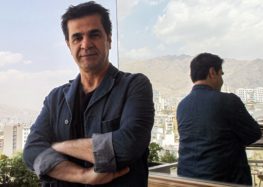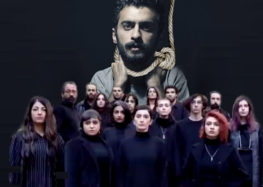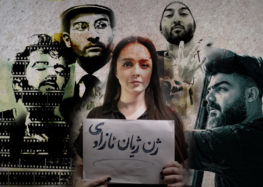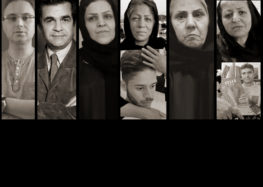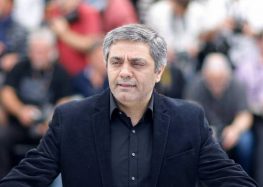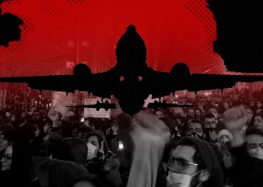Appeals Court Silence for Case of Iranian Filmmaker Jafar Panahi
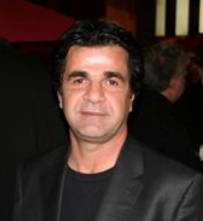 A source close to the case of Iranian filmmaker Jafar Panahi told the International Campaign for Human Rights in Iran that 3.5 months after filing an appeal on his sentence, no rulings have been issued. The source told the Campaign that Panahi remains in a state of limbo, unable to work. Last March, Panahi submitted the script for a new film to Iranian authorities, but his request denied.
A source close to the case of Iranian filmmaker Jafar Panahi told the International Campaign for Human Rights in Iran that 3.5 months after filing an appeal on his sentence, no rulings have been issued. The source told the Campaign that Panahi remains in a state of limbo, unable to work. Last March, Panahi submitted the script for a new film to Iranian authorities, but his request denied.
Panahi and his lawyer were told that Branch 54 of Tehran’s Revolutionary Court would announce its ruling 15 days after the appeals request was filed last January, but the appeals court has maintained silence on the ruling. Panahi’s passport was confiscated by security authorities in late 2009 and he has been unable to travel to attend international film festivals.
The source told the Campaign that there is an apparent difference of opinion amongst Iranian intelligence authorities about how to approach Jafar Panahi’s case. There are signs that factions within intelligence organizations wish to send the distinguished filmmaker to prison, even if for a short period of time. At the same time, those in the judiciary, knowing the case and the illegal limitations placed on Panahi, the potential international reactions to his imprisonment, and the current ban on his professional activities, prefer a state of limbo.
Lengthy delays in security and political cases in Iran are not unprecedented. The time between the a lower court ruling and an appeals court ruling has taken up to seven years in some cases. It is not clear whether Iran’s judicial and security authorities plan on keeping the Panahi in limbo or that a decision will be made soon.
On 20 December 2010, Judge Pirabbasi, a judge who has presided over many intelligence and political cases, sentenced Jafar Panahi to six years in prison and a 20 year ban on making and directing any films, writing screenplays, conducting interviews with the media and international and national publications, and traveling abroad.” Film director Mohammad Rasoulof, Panahi’s colleague, was also sentenced to six years in prison. Branch 26 of Tehran’s Revolutionary Court cited Articles 500, 610, and 19 of the Islamic Penal Code as the basis for its ruling, listing charges such as “assembly and collusion with the intent to commit a crime against national security, and propagating against the Islamic Republic of Iran.”
Jafar Panahi is a highly acclaimed film director who is the winner of the Cannes Film Festival’s Camera d’Or Award and Venice Film Festival’s Golden Lion Award for his films “White Balloon,” and “The Circle.” He was first arrested on 30 July 2009, along with documentary filmmaker Mahnaz Mohammadi, when they attended Tehran’s Behesht-e Zahra Cemetery to pay respect to those who were killed during the post-election protests. He was released a few days later. Panahi was arrested again on 1 March 2010 at his home, along with 18 family members and friends. His family and friends were released after a few days, but he remained in detention until 25 May 2010, when he was released on bail of $200,000, following reactions from the international arts community. He has been invited to serve as a judge at several international film festivals since his release, but he has not been allowed to leave the country due to his travel ban.

